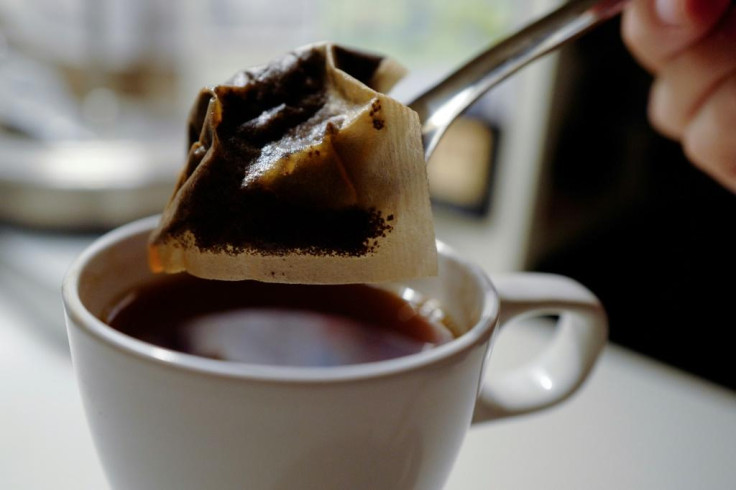Milk Tea May Be Causing Depression And Anxiety: Study
Consumption of the popular beverage may be causing depression and anxiety in young adults.

Whether it is with milk or without, with sugar or not, or even black, tea drinking is an integral part of people's lives in countries like India, China, and Britain.
However, tea consumption may be causing depression and anxiety in young adults, according to a new study by Chinese scientists.
The researchers from Tsinghua University and the Central University of Finance and Economics in China surveyed as many as 5,281 university students in Beijing for their analysis.
They found that tea addiction is real and has some links to anxiety and depression, per the study published in the Journal of Affective Disorders. "Our findings highlighted that milk tea consumption might lead to addiction, and it is associated with depression, anxiety, and suicidal ideation," reads an excerpt from the paper.
"The results indicate that milk tea consumption might lead to addiction symptoms, including frequency, dependence/craving, intention to stop, unable to stop, tolerance, and guilty feelings," it added.
However, the researchers added that a large study is needed to understand how milk tea affects the human brain.
Tea contains caffeine and excessive intake may disrupt your sleep cycle since it interferes with the melatonin hormone, which affects the sleep pattern. Numerous studies over the years have shown how a lack of sleep can seriously impact our concentration, logical thinking, libido, memory, and our bodies as a whole.
Caffeine is generally recognised as being safe in doses less than 400mg, as per US Food and Drug Administration guidelines. But several studies have shown that high doses of caffeine can have some adverse side effects.
Caffeine overdose can even lead to death in rare cases. Its symptoms include palpitations, nausea, high blood pressure and convulsions.
Although it is not known when the first cuppa was enjoyed in the UK, the first advert for tea in England made its debut in a publication on September 23, 1658. The advertisement dubbed the much-enjoyed beverage a "China Drink".
A few years later, Samuel Pepys, an English Naval Administrator and MP, wrote about drinking tea in his diary from 1660.
It said Chinese tea was reportedly consumed by Europeans as early as the 16th century, led by Dutch and Portuguese traders. British coffee shops were selling tea in the 17th century. At the time, tea drinking was mostly confined to the upper class.
Things, however, changed when fast ships—aptly titled "tea clippers"—were used to transport leaves from India and China to England's shores by the East India Company.
© Copyright IBTimes 2024. All rights reserved.






